Confessions of an English Ant-Eater
By Alex Crumbie
Confessions of an English Ant-Eater is my first published short story and has won more prestigious awards than an ant has legs. The tale, written in verse, is based on the famous 19th-century novel by Thomas De Quincey, Confessions of an English Opium-Eater. De Quincey’s autobiographical account of opium addiction was first published anonymously in 1821 in The London Magazine, and published the following year in book form.
Opium was widely available in Georgian England and De Quincey first started taking it while at college, to relieve the pain of facial neuralgia. His Confessions detail his experiences of taking the drug, often while meandering the labyrinthian streets of London.
While the book contains chapters both on The Pleasures of Opium and The Pains of Opium, De Quincey’s tone throughout is one of someone deeply in love with the drug. The descriptions of his opium dreams and experiences are deeply poetic and seductive, leaving the reader with a cat’s curiosity and a desire to taste this dangerous fruit for themselves:
Oh! Just subtle and mighty opium! That to the hearts of rich and poor alike, for the wounds that will never heal, and for ‘the pangs that may tempt the spirit to rebel’, bringest an assuaging balm; Eloquent opium! That with thy potent rhetoric stealest away the purposes of wrath; and to the guilty man, for one night givest back the hopes of his youth, and hands washed pure of blood…
In writing Confessions of an English Ant-Eater, I wished to provide some balance to De Quincey’s account of opium addiction. Thomas the Ant-Eater, like De Quincey, is shown to enjoy his early experiences of experimentation and indulgence: he eats ants at parties and revels in the highs that they bring. However, the two Confessions have very different endings.
De Quincey’s work ends with the author free from opium – although in reality he continued to take the drug for the rest of his life. And the fate of dear Thomas the Ant-Eater…Well, that will be known only to those who choose to purchase this marvelous, but very reasonably priced book.
Although Confessions of an English Ant-Eater is written in comic style, it was never intended to be facetious. The subject of drug addiction and the tragic potential of opium is something close to the bone, my cousin having died from a heroin overdose some years ago.
On reflection, I believe that when I wrote Ant-Eater I was trying to process my cousin’s death by turning it into something more manageable, while also providing a cautionary tale that would provide some balance to the glamour of opium found in De Quincy’s, as well as the works of numerous artists that have trod, knowingly or unknowingly, in his footsteps. William Burroughs and the Velvet Underground are a couple of examples that spring to mind.
I do not want the reader to take from my book, or this essay, that I am trying to push the unintelligent and unhelpful maxim that ‘drugs are bad’. To start, ‘drugs’ as a category is an unhelpfully broad term, there being great differences between all those substances that are placed under its umbrella. It is more useful to understand the nuances of each, as opposed to the apparent commonalities of all. Furthermore, many people do manage to enjoy taking drugs without it having ruinous effects on their lives and find great inspiration from drug-induced experience.
However, drugs are powerful substances and require respect and caution. When people idolise drug use, seeing it only through rose-tinted spectacles, problems can arise. Just the other day I heard the Guardian journalist John Crace say in a podcast that from the moment he heard the Velvet Underground song, Heroin, he knew that he would one day try the drug. Years of addiction ensued.
To be clear, I am not arguing that the glamourisation of drug use is the only reason that people become addicts. The story is always complex, with multiple factors at play, as it was with my cousin. However, the glamour surrounding the taking of drugs is often part of the picture.
I hope that my short book provides a little food for thought on the highs and lows of drug use, and addiction generally, as well as providing a little balance to all the art, music and literature that blindly encourages potential new users to push the needle in.
If you wish to buy a copy of Confessions of an English Ant-Eater, which I am sure you do, you can find it here.
For those who wish to know more about my cousin, Sacha, I suggest you read the wonderful book written by his mother, Diane. It is called Junkie Buddha and you can find it here.
Alex Crumbie is a writer of poems and short stories, as well as an artist and illustrator.






